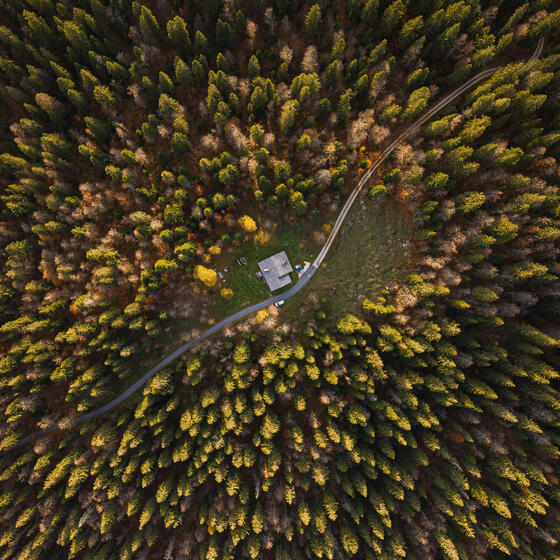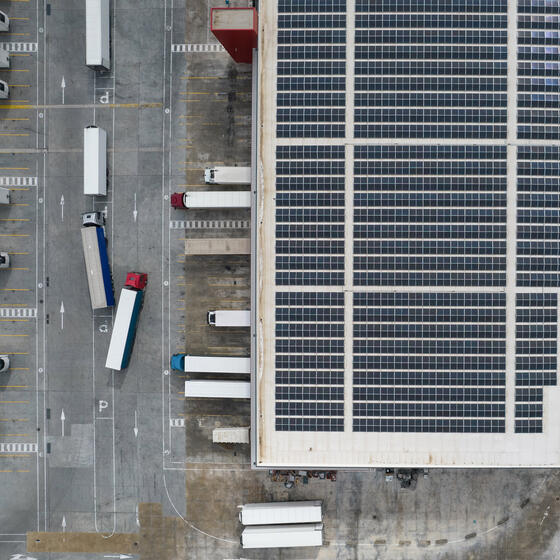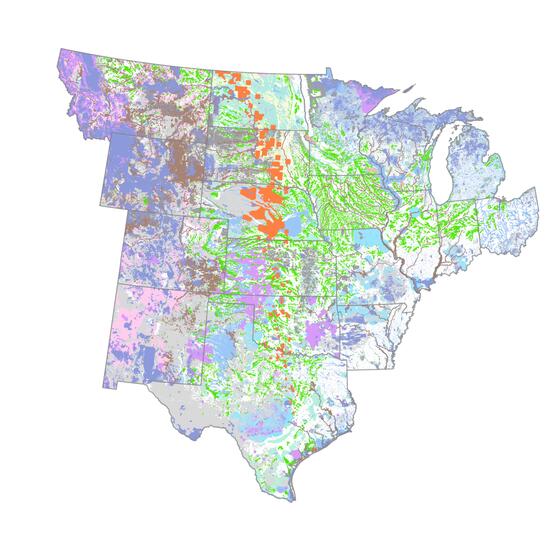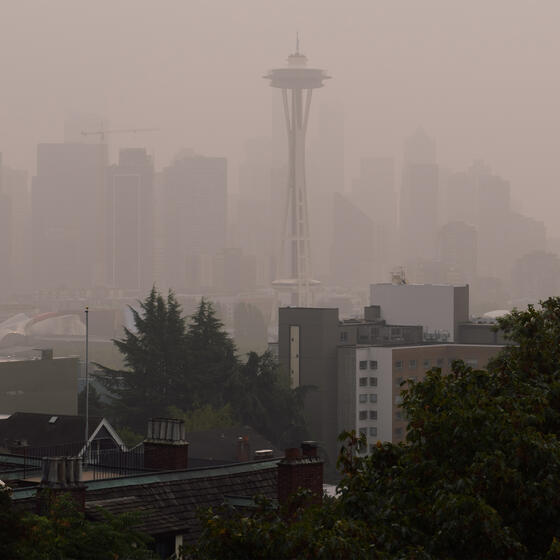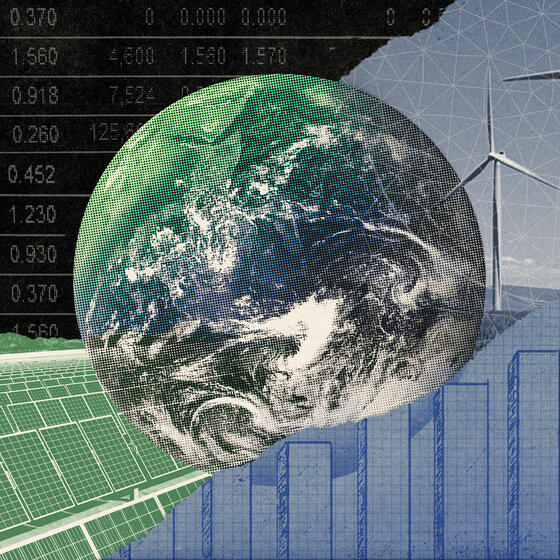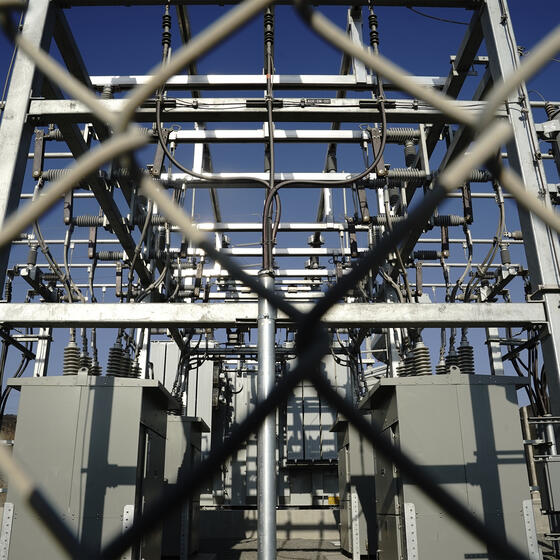Confronting the Climate Crisis
Addressing the many manifestations of climate change requires the efforts of every country, every sector, and organizations large and small. Solutions will require both radical innovation and novel uses of existing knowledge. Yale Insights is talking with the scholars and practitioners who are providing the expertise and leadership to make the adaptation and mitigation of this unprecedented challenge a reality.

Sean David Williams
The Decades-Long Effort to Account for the Value of Natural Resources
Yale School of the Environment economist Eli Fenichel helped develop a national strategy to integrate environmental and economic decision-making.

How Satellites Can Help Win the Climate Fight
Satellites can track methane leaks and other greenhouse gas emissions back to the source. We asked Karen Jones ’89, senior technology strategist in the Center for Space Policy and Strategy at The Aerospace Corporation, what it will take to act on the insights offered by space technology.

We’ve Got Climate Solutions. Now We Need a Movement.
Most Americans agree that the planet faces dire consequences if we don’t do more to address climate change. Anthony Leiserowitz, director of the Yale Program on Climate Change Communication, outlines how businesses and individuals can push for action.

Moving Consumer Brands to Climate Neutral
A nonprofit co-founded by Austin Whitman ’07 is helping consumers direct their spending to brands that are serious about solving climate change by certifying companies that measure their emissions, offset them in the short-term, and move toward decarbonization.

Land Trusts’ New Tools for Fighting the Climate Crisis
Land trusts are bringing innovative new tools to tackle the myriad problems created by climate change.

What Will It Take to Transition to Electric Cars?
Kenneth Gillingham, professor of environmental and energy economics, says that easing range anxiety and helping drivers understand the advantages of electric can help accelerate the shift.

Delivering Decarbonized Transport
Dan Kim ’97, chief strategic officer and director of Next Renewable Fuels, argues that existing elements of the energy and transport sectors can evolve to contribute to a future decarbonized economy, alongside more disruptive innovations.

Is Climate Risk More than Markets Can Handle?
Yale SOM finance professor Stefano Giglio lays out the unique complications of grappling with climate risk, and explains his own work on stock portfolios that hedge climate change.

Tallying the Social Cost of Carbon
Casey Pickett ’11, director of the Yale Carbon Charge, explains how to put a dollar value on the myriad choices that make up our response to the climate crisis.

Is Seattle Prepared for Climate Change?
Ann Grodnik-Nagle ’06, climate policy advisor for Seattle Public Utilities, says that Seattle is focusing on both mitigation and adaptation, prioritizing vulnerable communities of color.

Better Data Is Letting Companies and Investors See Trillions in Climate Risk
A growing pool of ESG data enumerates companies’ exposure to climate risk. Yale SOM’s Todd Cort explains how the data helps investors target capital toward the companies that are responding.

Uncovering Healthcare’s Hidden Climate Impact
The healthcare industry produces 8.5% of all U.S. greenhouse gas emissions as well as other forms of air pollution. Yale's Dr. Jodi Sherman says the first step to making healthcare sustainable is to understand the scope of the problem.

What Does It Take to Create Financial Products That Can Save the Planet?
Investors are increasingly eager to contribute to solutions for climate change and other environmental problems. Charlotte Kaiser ’07 of The Nature Conservancy’s NatureVest explains how the company builds financial products that attract mainstream capital while delivering conservation impacts.

California’s Path to a Carbon-Neutral Grid
Elliot Mainzer ’98, CEO of CAISO, explains how California is working to avoid another summer of blackouts even as the state transitions to a carbon-neutral grid.

